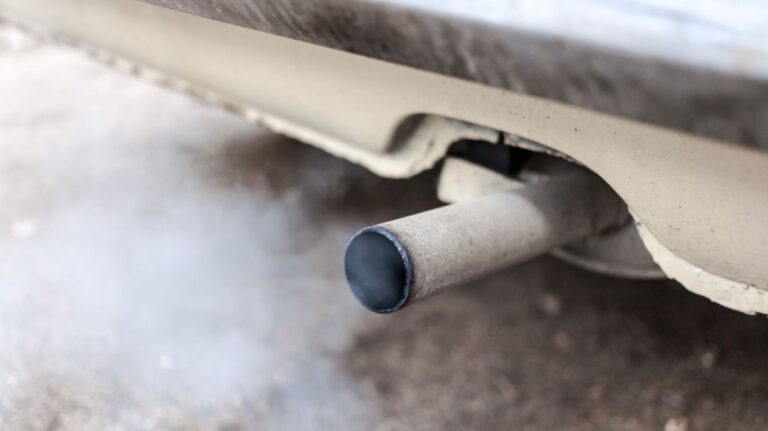A new study from RAC, a British automotive services company, has revealed that drivers want to see cameras that can automatically detect vehicles with illegally loud exhausts or whose engines are ‘revved unnecessarily’.
The RAC survey showed that 58% of drivers would be in favour of so-called ‘noise cameras’ being widely used after the findings of the Department for Transport’s £300,000 trials, which began last October, were revealed.
The cameras, which are triggered by several microphones, were designed to pinpoint vehicles exceeding the 74-decibel legal limit as they pass by.
Pictures of vehicle numberplates together with recordings of vehicle noise can then be used by local police to identify and fine drivers. Trials took place in Bradford, Great Yarmouth, Birmingham and South Gloucestershire.
Road noise is known to contribute to health problems, such as heart attacks, strokes and dementia, yet there is no requirement for MOT testers to use decibel meters to check exhaust noise levels.
Some 34% of those surveyed said they regularly hear loud revving engines or excessively loud exhausts. This rose to nearly half of drivers in London (47%) and to 40% in Wales and Scotland.
When asked for their opinions about whether the current £50 on-the-spot fine for a vehicle breaching the 74-decibel limit is appropriate, drivers were split:
- 39% felt the fine had been set at the right level
- 37% disagreed
- 24% were undecided.
Of those who felt the fine wasn’t severe enough, 43% thought it should carry a £200 fine and a driving ban until the exhaust was found to comply with the legal decibel limit.
Simon Williams, head of policy, RAC, said: “Our research with drivers shows there is a very strong desire to put an end to the scourge of excessively noisy vehicles that disturb the peace all around the country.”
The UK government estimates the annual social cost of urban road noise, including lost productivity from sleep disturbance and health costs, is up to £10bn.
William continued to explain that the Department for Transport’s recent noise camera trials may provide the solution by showing how the technology can be quickly and cost-efficiently rolled out to the worst affected areas.
Richard Holden, roads minister, added: “We are currently analysing data from the trials and will update in due course on any future measures which will help bring peace and tranquillity back to our towns, cities and villages.”





